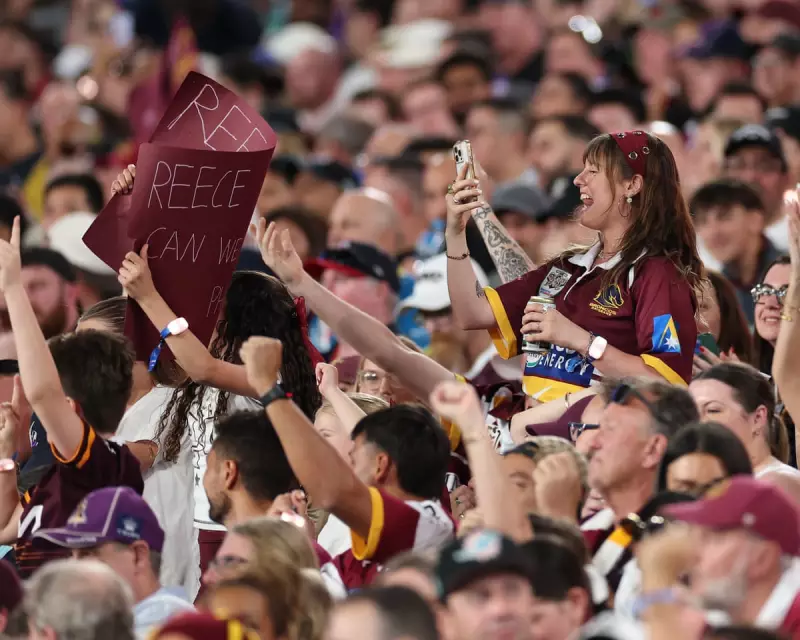
It's a familiar scene in households across Britain every Saturday afternoon: one partner is glued to the screen, living and breathing every moment of the match, while the other looks on with a mixture of affection and complete bewilderment.
The Great Sporting Divide
For many sports enthusiasts, their passion isn't just a hobby—it's a fundamental part of their identity. The weekend fixtures, the transfer window drama, the post-match analysis—these aren't mere distractions but essential rhythms of life. Yet to their supportive but perplexed partners, this world remains as foreign as a cricket scorecard to someone who's never held a bat.
A Language of Their Own
The sports-obsessed speak in a dialect rich with statistics, historical references, and tactical nuances. They can debate the merits of a 4-3-3 formation versus a 3-5-2 with the intensity of philosophers discussing existentialism. Meanwhile, their partners nod along, understanding the words but not the music.
"I love his passion," one girlfriend confessed, "but I simply cannot comprehend how ninety minutes of men chasing a ball can dictate his entire weekend's mood."
The Supportive Partner's Dilemma
These non-sporting partners often display remarkable patience and support. They plan social engagements around fixture lists, learn to interpret the meaning behind a groaned "typical Spurs" or triumphant "get in!", and accept that certain weekends will be emotionally volatile depending on results.
- They memorise key player names to show they're listening
- They learn which results require consolation or celebration
- They develop strategies for filling the hours of sports coverage
- They become experts in reading emotional states from groans and cheers
When Fandom Tests Relationships
The true test comes during major tournaments or derby days, when normal life appears to pause indefinitely. Meals are eaten in front of screens, conversations become monosyllabic, and the emotional atmosphere of the entire household hinges on the performance of twenty-two strangers hundreds of miles away.
"There are moments," another partner shared, "when I feel like there's a third person in our relationship—and they're wearing football boots."
Finding Common Ground
Yet many couples navigate this divide successfully, finding compromises that honour both the passion and the perplexity. Some sporting partners learn to moderate their obsession, while others find ways to include their significant others without expecting them to share the depth of their enthusiasm.
- Establishing boundaries around major versus minor matches
- Finding non-sporting activities to share as counterbalance
- Creating rituals that make watching together more engaging for both
- Appreciating the support even when the passion isn't shared
At its heart, this sporting divide represents a universal relationship challenge: how to love and support what we don't fully understand in our partners. The girlfriend who remains baffled but supportive isn't just tolerating a hobby—she's embracing a fundamental part of the person she loves, even if she'll never quite grasp why a last-minute equaliser feels like redemption.





